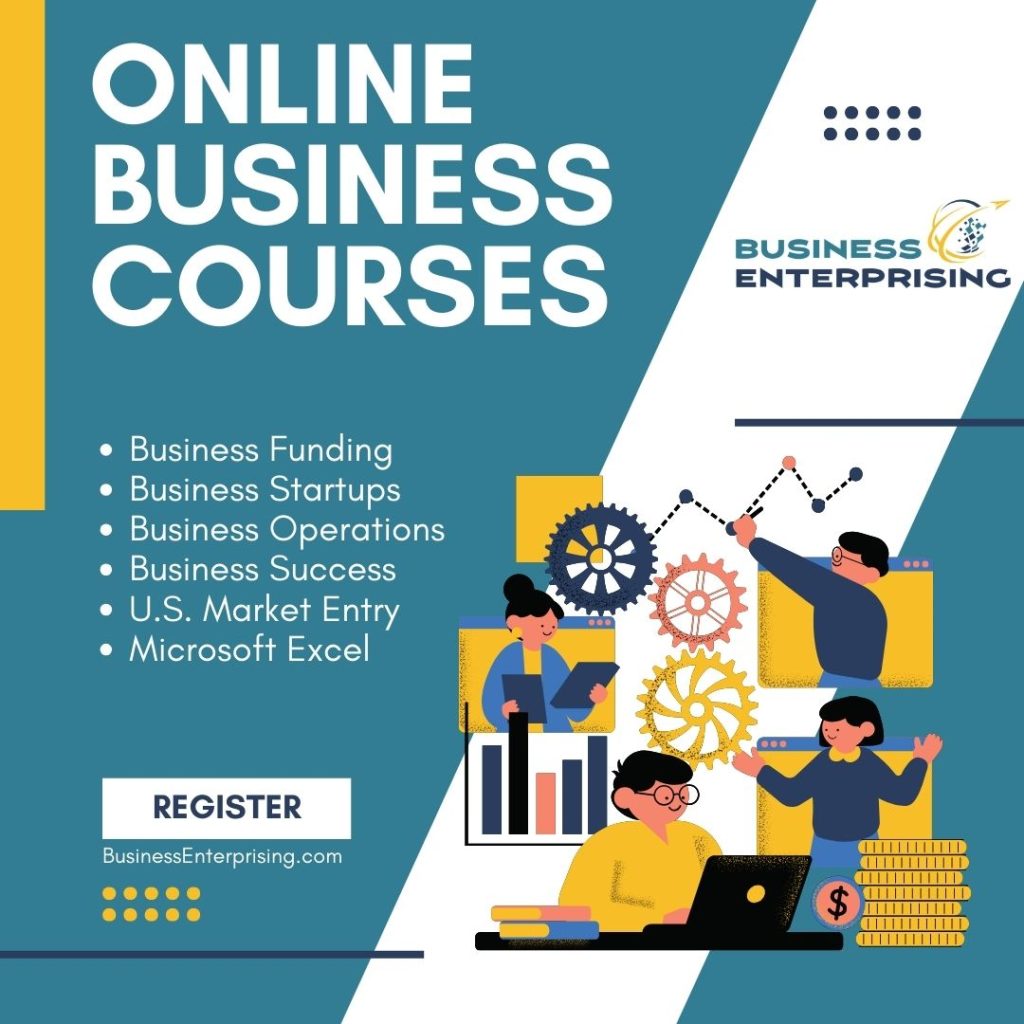 In recent years, the employment landscape has undergone a notable shift. It seems to be moving from traditional degree-focused qualifications to a more dynamic and also practical skill-based approach. This evolution reflects the changing needs of a global economy. Technological advancements as well as market demands are evolving at an unprecedented pace. Employers across various industries are now valuing skills over degrees. They recognize that the practical abilities of their workforce are more indicative of job performance and business success than academic credentials alone.
In recent years, the employment landscape has undergone a notable shift. It seems to be moving from traditional degree-focused qualifications to a more dynamic and also practical skill-based approach. This evolution reflects the changing needs of a global economy. Technological advancements as well as market demands are evolving at an unprecedented pace. Employers across various industries are now valuing skills over degrees. They recognize that the practical abilities of their workforce are more indicative of job performance and business success than academic credentials alone.
The Growing Preference for Practical Skills
Employers are increasingly looking for candidates who can demonstrate tangible skills and a readiness to handle real-world challenges. This preference has led to a significant transformation in hiring practices. This is especially true in fields like technology, healthcare, and creative industries. In these fields, specific technical skills are often more valuable than a generalized academic record. This trend towards valuing skills over degrees is not merely a phase but a sustainable shift in what is considered essential for career progression and business growth.
How Online Learning Bridges the Gap
To meet the growing demand for skill-specific training, online courses and e-learning platforms have risen as essential tools for career development. These resources offer a cost-effective and flexible solution to traditional education, allowing individuals to acquire job-ready skills at their convenience. Courses range from data management and artificial intelligence to digital marketing and project management. Online learning platforms are equipped to prepare learners for the exact needs of modern employers.
E-Learning: A Democratizing Force in Education
One of the most significant impacts of the rise of e-learning is its ability to democratize education. Individuals from varying backgrounds can now access high-quality learning resources without the prohibitive costs associated with traditional degrees. This accessibility is crucial for leveling the playing field. It enables a more diverse range of people to enter competitive job markets. Moreover, e-learning platforms often provide up-to-date content that keeps pace with industry changes. This ensures that learners are always at the forefront of knowledge and skills in their field.
Employers’ Shift to a Skills-Oriented Hiring Model
As the focus shifts to valuing skills over degrees, many employers are revising their recruitment strategies to align better with this new paradigm. This includes developing more nuanced assessment methods that go beyond traditional interviews. Also CV screenings include skill assessments, practical tasks, and portfolio reviews. By adopting these approaches, companies are not only able to select candidates who are the best fit for specific roles but also enhance the overall quality of their workforce.
The Role of Continuous Learning in Career Success
In response to the ongoing need for relevant skills, many progressive companies are investing in continuous learning and development programs for their employees. This commitment to fostering an environment of continuous professional growth helps employees stay competitive and responsive to industry advancements. By valuing skills over degrees, these companies encourage a culture of learning and adaptability. This is critical in maintaining a resilient and innovative workforce.
Navigating Challenges in the Skill-Centric Employment Market
Despite the advantages, the shift to a skills-over-degrees employment market brings several challenges. For employers, there is the practical difficulty of accurately assessing skills in a way that is both efficient and comprehensive. For job seekers, the challenge lies in effectively communicating their skills. This is especially the case when traditional indicators such as degrees are being deprioritized. Both parties must adapt to these new dynamics through improved communication, better assessment strategies, and a continuous commitment to learning and development.
Case Studies: Success Stories of Skills-Based Hiring
Illustrative examples from leading companies that have embraced this model can provide valuable insights. For instance, tech giants like Google and IBM have increasingly moved away from traditional degree requirements, focusing instead on candidates’ coding abilities, problem-solving skills, and potential for innovation. These companies often host open coding challenges and project-based evaluations as part of their hiring process, valuing skills over degrees.
Conclusion: The Future of Employment
As we look to the future, the trend of valuing skills over degrees is expected to intensify, with more industries recognizing the benefits of this approach. This shift not only enhances the direct applicability of skills in the workplace but also encourages a more inclusive and equitable job market. For individuals, the focus should be on continual skill enhancement and leveraging online learning platforms to remain relevant. For employers, refining hiring practices to focus on practical skills will be crucial in building a competent, versatile, and innovative workforce.
Ultimately, valuing skills over degrees not only benefits individual career trajectories but also drives the efficiency and creativity of businesses, thereby contributing to a stronger, more adaptable economy. This progressive approach to employment promises to reshape how we think about education, success, and professional development in the years to come.

